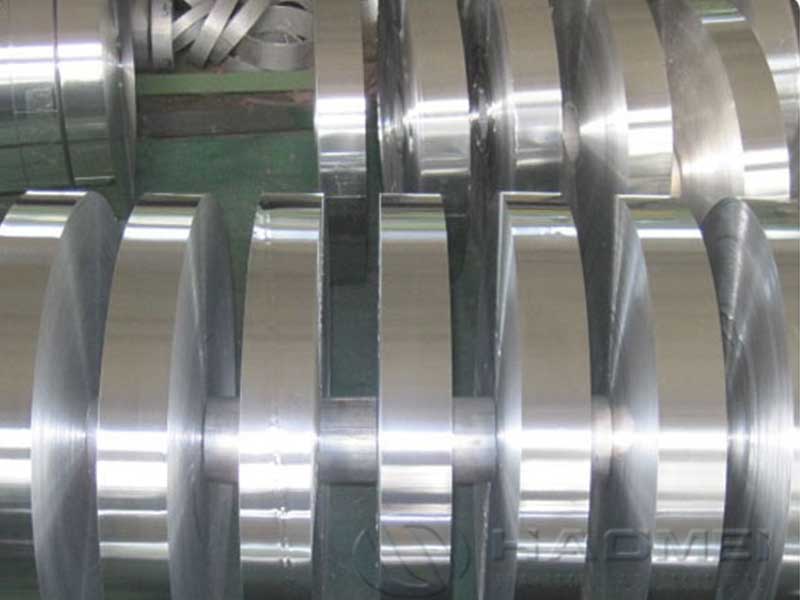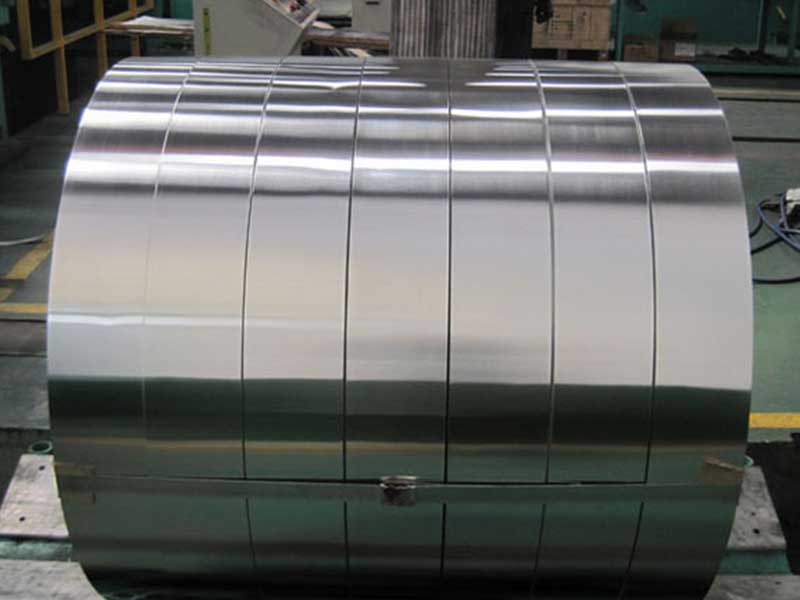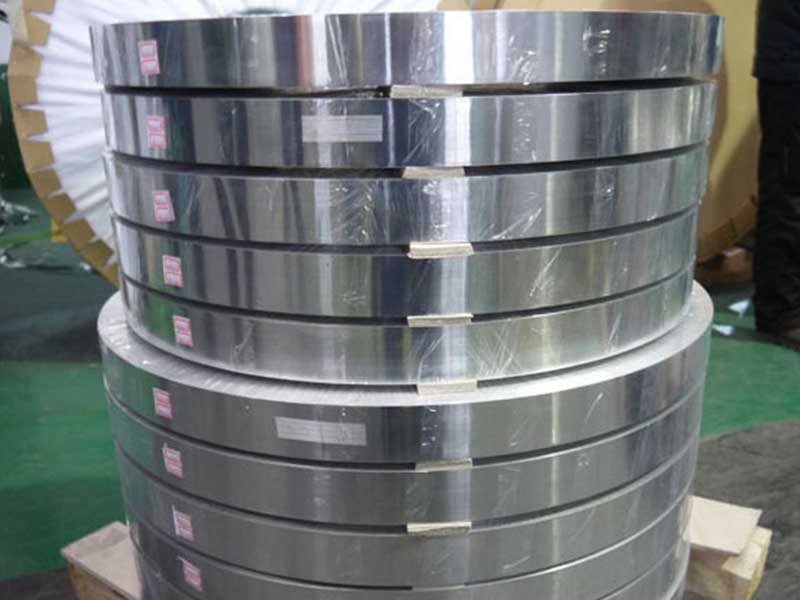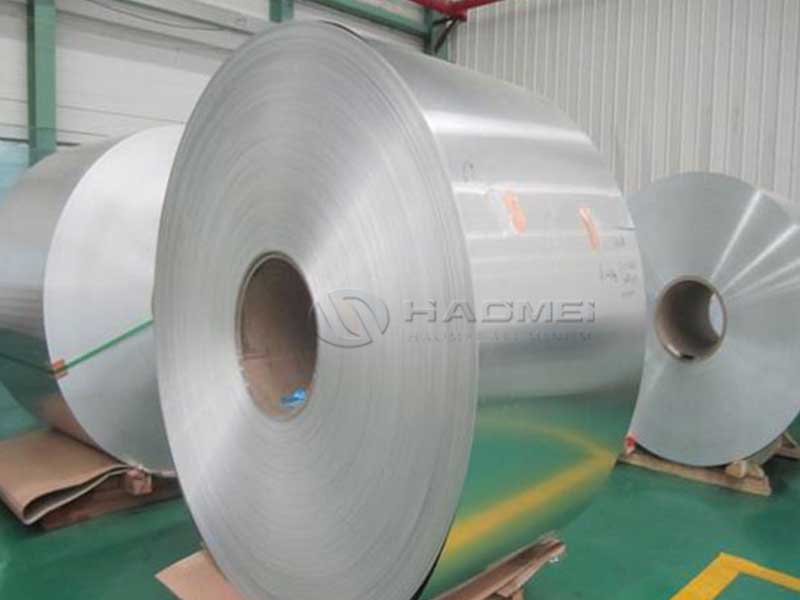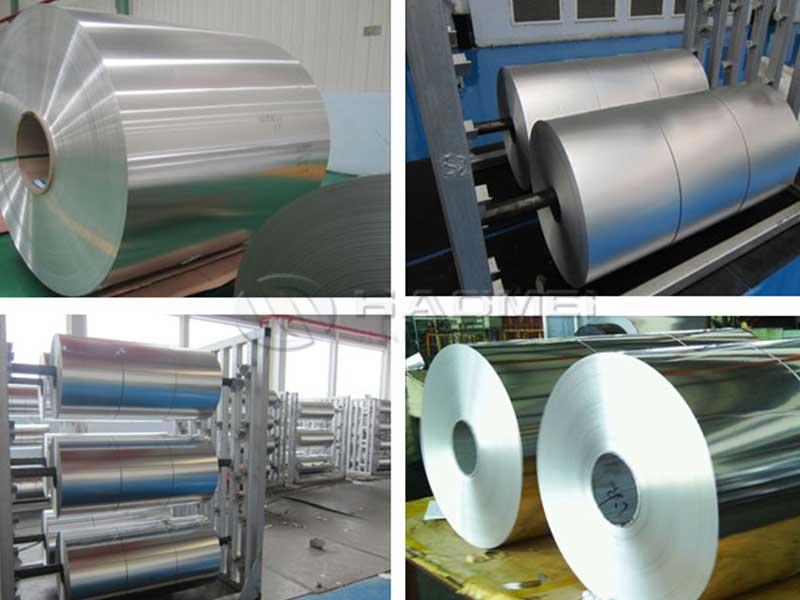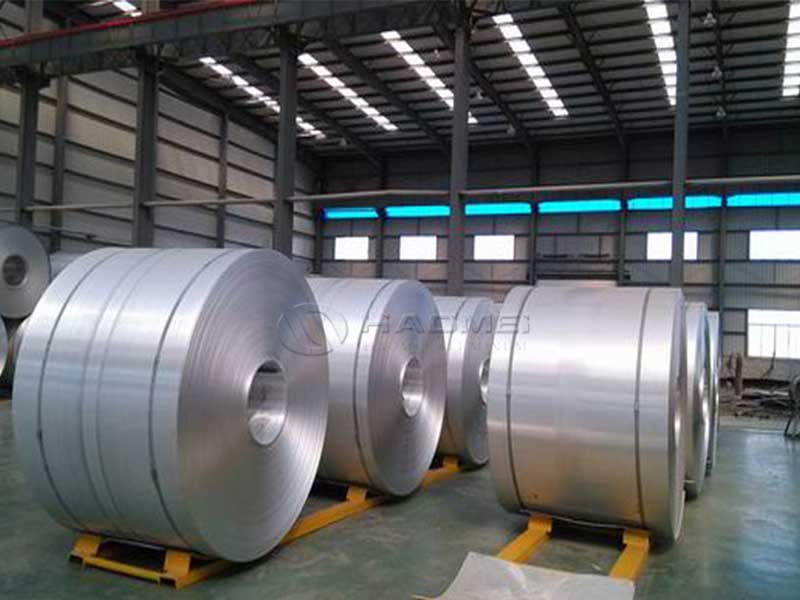1100 1060 3003 3004 5052 Mill Finish Aluminum Foil Coil
In the realm of industrial materials, aluminum foil may seem deceptively simple; a thin, bendable sheet but with extraordinary benefits. When delving deeper into the diverse alloy variations like 1100, 1060, 3003, 3004, and 5052 mill finish aluminum foil coils, a world of functionalities and applications emerges, revealing its true value in multiple sectors. From food packaging to industrial applications, aluminum foil serves as both a minimalist and mighty material.
Performance Characteristics
One of the most outstanding features of aluminum foil coils is the unique blend of strength and flexibility exhibited by different aluminum alloys. Here's a breakdown of significant alloys:
Working with 1100, 1060, 3003, 3004, and 5052 mill finish aluminum foil coils daily gives me a unique appreciation for the subtle differences in each alloy. The 1100 and 1060, being pure aluminum, are incredibly soft and easily formable, ideal for applications demanding excellent corrosion resistance and deep drawing capabilities. However, their softness also makes them less suitable for applications requiring higher strength. Conversely, the 3000 series alloys (3003 and 3004) offer a good balance of strength and formability, making them versatile choices for a wider range of applications, from food packaging to industrial uses. The slightly higher strength of 3004 is particularly noticeable during the roll forming process – it holds its shape better during high-speed operations. Finally, the 5052, with its magnesium addition, stands out for its superior strength and corrosion resistance, particularly in marine environments, although it's noticeably more challenging to form.
The mill finish itself is a crucial aspect. While aesthetically it's a relatively dull, slightly textured surface, its uniformity is critical for subsequent processing. Any inconsistencies in the mill finish can lead to issues down the line, whether it's uneven coating adhesion in the next stage of production or problems with printing. We constantly monitor coil surface quality, using
-
1100 Aluminum Alloy: Composed of 99% aluminum content, this alloy boasts exceptional corrosion resistance and thermal conductivity. It’s commonly used in food packaging and heat exchangers where a high purity level is desired.
-
1060 Aluminum Alloy: Very similar to 1100 in terms of composition, but includes a slight increase in tensile strength, making it a popular choice for electrical applications. For instance, 1060 aluminum foil is often utilized in transformer wraps because of its excellent shield against electromagnetic interference while maintaining formability.
-
3003 Aluminum Alloy: This alloy is a significant player thanks to its exceptional workability and medium strength. Often found in storage containers and cookware, 3003 aluminum foil rolls are utilized where weldability and corrosion resistance are necessary.
-
3004 Aluminum Alloy: Well-known for its higher strength compared to 3003, 3004 alloy is ideal for creating lightweight designs without abandoning structural integrity. It’s best suited for use in beverage cans and complex curved shapes typically found in heating elements.
-
5052 Aluminum Alloy: Considered one of the strongest aluminum alloys, 5052 excels in terms of durability and corrosion resistance. Its integral strength and ability to withstand elevated temperatures make it a prime choice for marine applications and pressure vessels.
Diverse Applications
The unique physical and chemical properties of these aluminum foil coils allow for high versatility across an expansive array of applications:
-
Food Packaging: Beyond the well-known kitchen usage, the coils, particularly 1100 and 3003, have adopted a broader role in packaging perishable goods. They provide an effective barrier against moisture and oxygen, thereby extending the shelf life of assorted food products.
-
Insulation & HVAC: The heat-resistant qualities of 1060 alloy make it suitable for insulation applications. It acts as an efficient reflector, whether in residential or industrial spaces, maintaining energy efficiency standards.
-
Electrical Sector: Alloys like 1060 are prime contenders in manufacturing electrical wiring and connectors, which benefit from their conductivity and protective features against oxidation.
-
Automotive & Aerospace: The lightweight contents of 3004 and 5052 variants are being expanded upon in automobile and aerospace industries. The necessity for energy efficiency and strength in these fields makes these materials ideal for myriad components, from engine parts to sleek exteriors.
-
Decorative Elements: The high-quality finish of mill finish aluminum foil creates attractive products for the fashion and design industries while providing metallic sheen and liveliness to artworks and interior spaces.
https://www.al-alloy.com/a/1100-1060-3003-3004-5052-mill-finish-aluminum-foil-coil.html


